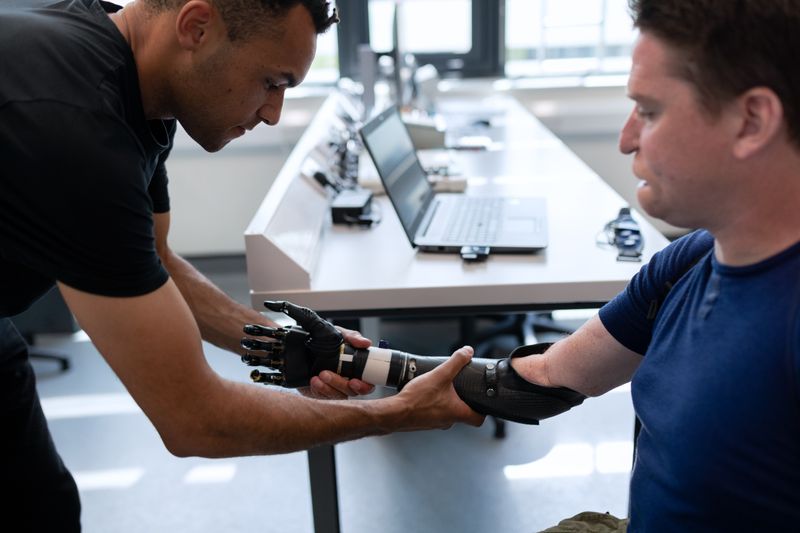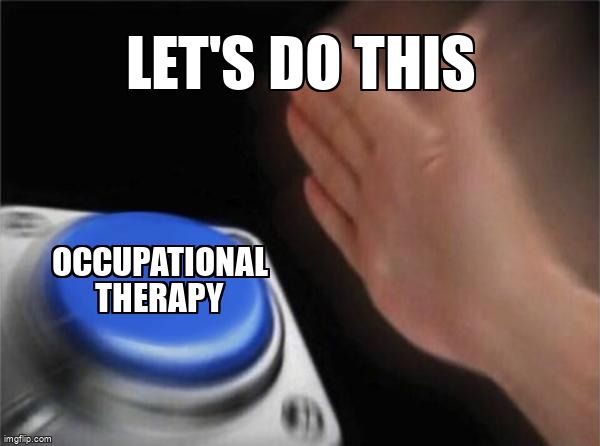
This logo isn't an ad or affiliate link. It's an organization that shares in our mission, and empowered the authors to share their insights in Byte form.
Rumie vets Bytes for compliance with our
Standards.
The organization is responsible for the completeness and reliability of the content.
Learn more
about how Rumie works with partners.
What Do They Do?
Occupational therapists, often called OTs, work with people spanning all ages who have injuries, illnesses, or disabilities.
OTs treat their patients through the therapeutic use of everyday activities, helping them develop, recover, and improve, as well as maintain the skills needed for daily living and working.
 Photo by ThisisEngineering RAEng on Unsplash
Photo by ThisisEngineering RAEng on UnsplashWhere Do They Work?
OTs work in a wide range of places:
Hospitals
Rehabilitation facilities
Patients’ homes
Schools
Elderly care homes
 Photo by Vlad Sargu on Unsplash
Photo by Vlad Sargu on UnsplashWhat Might A Typical Day Look Like?
Because their workplaces and patients vary, every occupational therapist’s day might look quite different, but there are common tasks they all need to complete.
Start around 7-7:30 am
Gather therapy tools, paperwork, and activities
Review the day’s patient list and corresponding patient treatment plans, confer with colleagues as necessary
Take history of patients, examining the area to be treated
Take lunch at a flexible hour
Set short and long-term goals with patients
Teach exercises the patient can do at home
Check in with returning patients and note progress
Quiz
What activities would an OT help a young postpartum stroke patient with?
An occupational therapist will help the patient with basic physical tasks, but any speech difficulties will probably be handled by a speeh therapist.
Did you know?
Do I Need A Degree?
You’ll Love It If…

You enjoy working with and helping people of all ages
You're a patient and caring person who's passionate about finding creative and unique solutions for others
You don’t mind travelling to different sites to take care of your patients
You're willing to earn an advanced degree in occupational therapy and pass a national certification exam to practice
You Might Want To Look For Another Career If…

You prefer a fixed 9-5 schedule
You don’t want to work in close contact with people
You want to finish school in the shortest amount of time possible
You don’t like the idea of goal-setting and making work plans
Take Action
 If you’re thinking of becoming an occupational therapist:
If you’re thinking of becoming an occupational therapist:
This Byte has been authored by
Aletheia Delivre
Organizational Development Associate - EdTech

